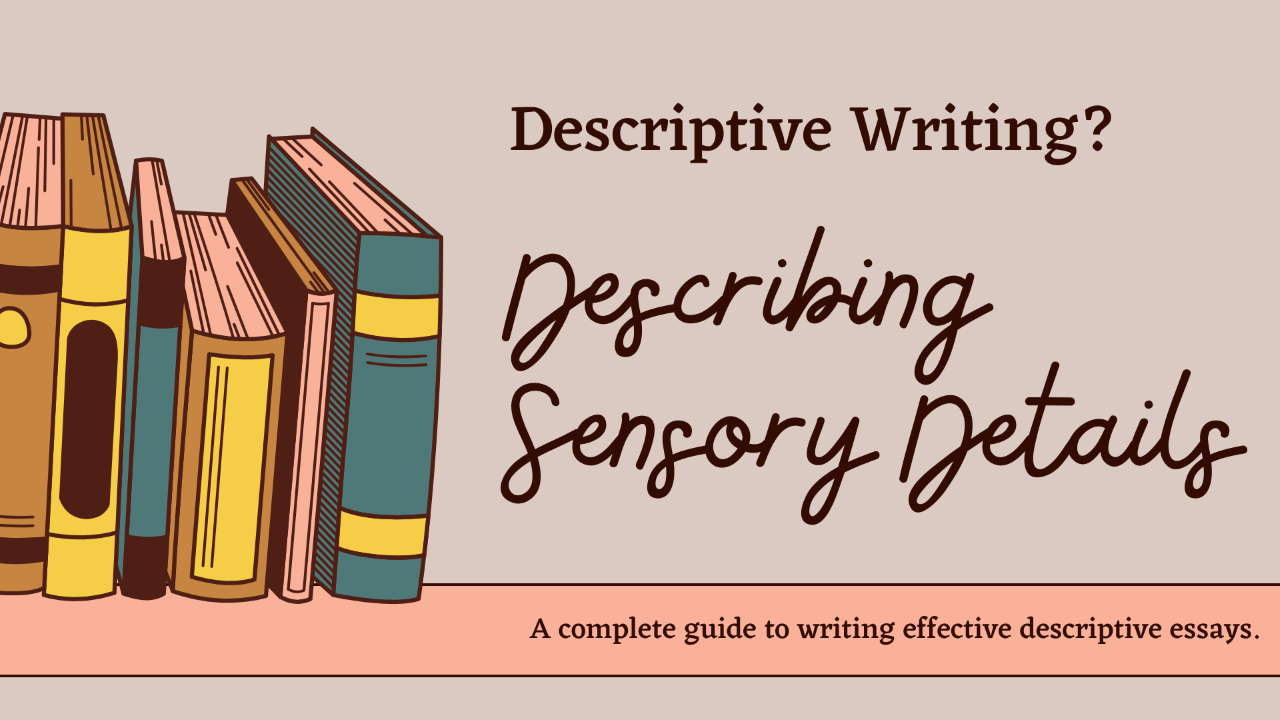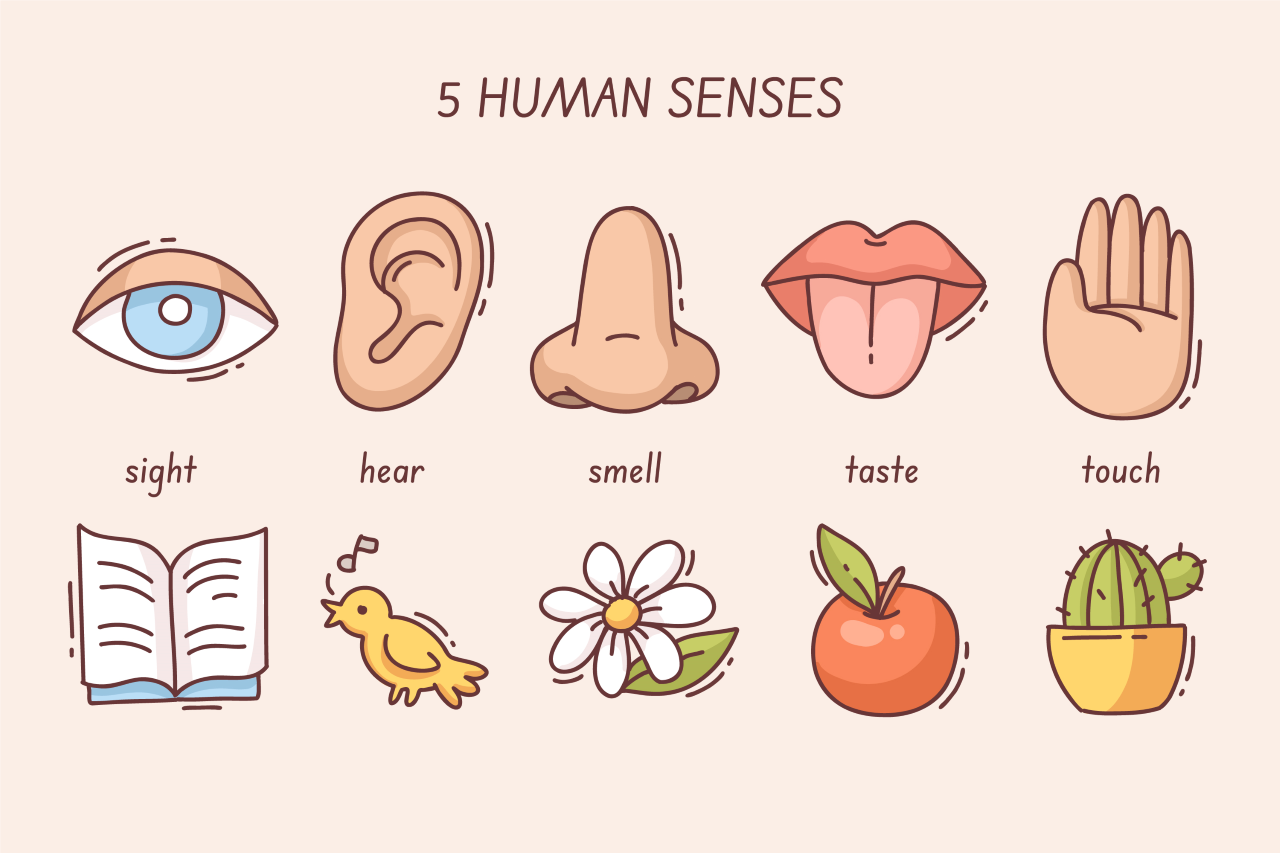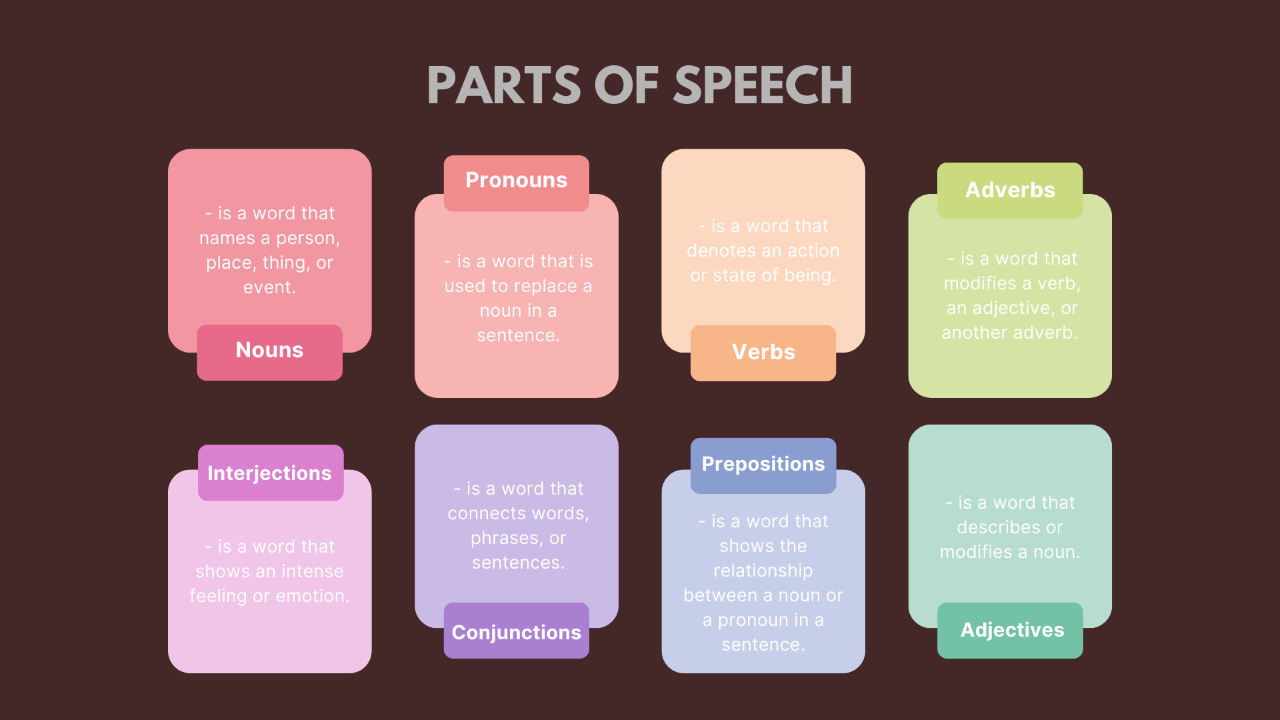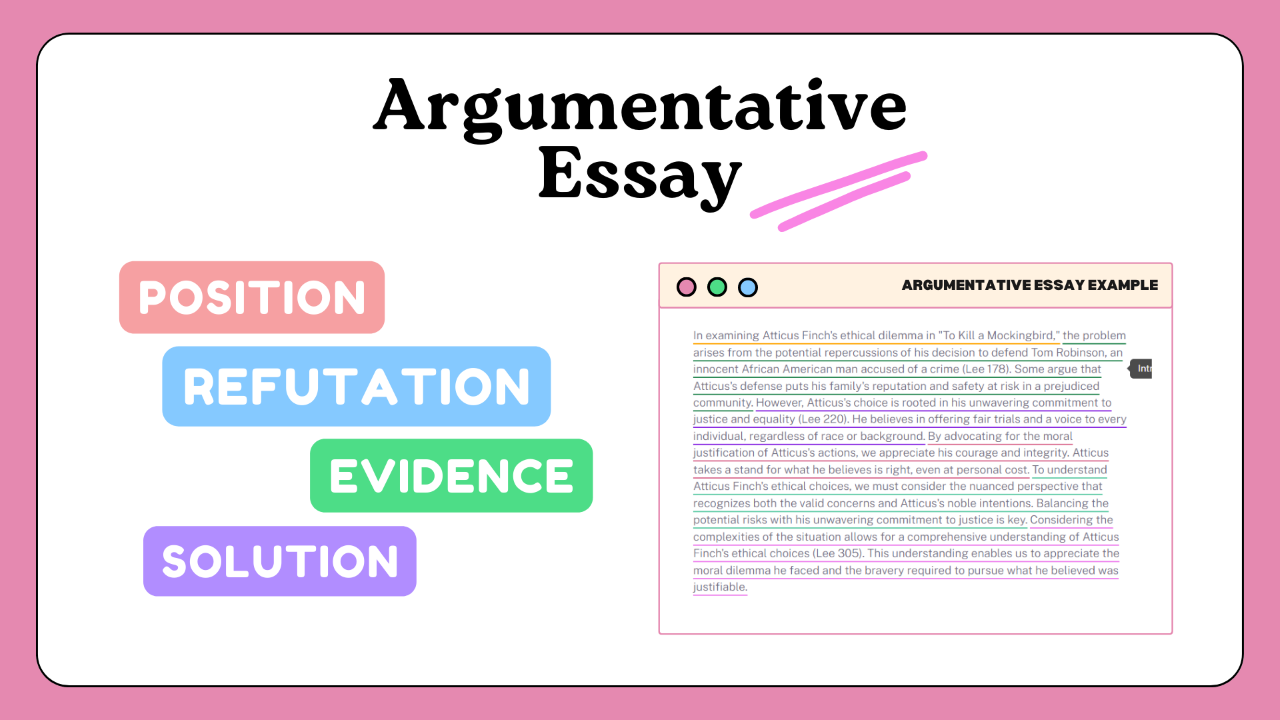
Descriptive Essay Writing: Definition, Structure & Examples
A descriptive essay is a form of writing that seeks to vividly depict a person, place, object, event, emotion or experience. By incorporating sensory details encompassing sight, hearing, taste, smell, and touch, it paints a vivid image within the reader's imagination. The primary objective of descriptive writing is to evoke emotions, captivate the reader's senses, and offer a comprehensive and immersive portrayal of the chosen subject.
A descriptive essay, akin to a narrative essay, allows for a heightened level of creativity beyond traditional academic writing. It grants the writer the liberty to express their own perspective, or assume the role of a character within the narrative. These types of essays serve as a means to assess your language proficiency by crafting an original and imaginative portrayal of the subject in hand.

Importance of Descriptive Writing
Descriptive writing plays a crucial role in various forms of communication, including literature, journalism, advertising, and storytelling. Its importance lies in its ability to transport readers to different places, evoke emotions, and create a lasting impression. Through descriptive writing, authors can paint a vivid and memorable picture, allowing readers to connect deeply with the subject matter.
When to Write Descriptive Essays
Descriptive essays are frequently assigned as writing assignments in high school and composition classes, developing students' creative writing skills and fostering their ability to vividly convey experiences and ideas through words. There are numerous scenarios where students are being asked to write descriptive essays, such as:
- Describing a personal experience about a memorable trip, important life event, or personal achievement.
- Portraying a character by describing their appearance, behavior, personality traits, and motivations.
- Analyzing and describing objects or artifacts, exploring their visual features, functionality, historical significance, and overall impact.
- Elaborating on historical events or significant moments by providing detailed and immersive descriptions.
- Presenting nature or the natural world through sensory details and vivid language.
- Describing abstract concepts or emotions to effectively convey ideas like love, fear, happiness, or freedom.
Descriptive Essay Topics
When it comes to writing descriptive essays, choosing the right topic or understanding the topic of your assignment is crucial for creating a well-structured and engaging piece of writing. Brainstorming your topic is one of the effective steps of the essay writing process. Whether you are tasked with a personal reflection or an analysis, being aware of the prompt's requirements is the key. Let’s take a look at some of the examples of descriptive essay prompts often used in real life essays.
How has overcoming a significant challenge shaped your perspective on resilience?
Describe a mentor or role model who has had a profound impact on your life and explain why.
Use poetic language to describe the depth of love and devotion between two individuals.
Convey the sensory experience and overwhelming emotions associated with facing a deep-rooted fear.
Describe the awe-inspiring beauty of a mountain range, highlighting its towering peaks and lush valleys.
Immerse readers in the intricate web of life within a coral reef, showcasing its vibrant biodiversity.
Transport readers to a pivotal moment in history, vividly depicting its significance.
Provide a moving description of a personal or societal event that evoked strong emotions.
Describe a renowned painting, examining its intricate details and underlying symbolism.
Explain the workings and significance of a groundbreaking scientific instrument.
Describe the bustling streets and vibrant culture of your favorite city.
Paint a vivid picture of a tranquil forest scene, exploring the sights, sounds, and scents.
Explore the complexities of a flawed protagonist and their journey of self-discovery.
Provide a vivid portrayal of an antagonist and their sinister motivations.
Tips for Writing an Effective Descriptive Essay
When it comes to writing a descriptive essay, the choice of words plays a crucial role in creating a captivating and immersive experience for the reader. Here are some valuable tips to help you select the right words:
- Sensory Details: Engage the reader's senses by incorporating descriptive words that appeal to sight, sound, taste, smell, and touch. This allows the reader to visualize and experience what you are describing, making your essay more vivid and engaging.
- Specific and Concrete Language: Opt for precise and detailed language to provide clear descriptions. Avoid using vague or generic terms. Instead of saying "the house was big," you could say "the grand mansion stood majestically with its towering pillars and spacious rooms."
- Figurative Language: Enhance your descriptions by using similes, metaphors, and other figures of speech. This adds depth and imagery to your writing, making it more creative and evocative. For example, instead of saying "the river was calm," you could say "the river flowed serenely like a mirror reflecting the surrounding trees."
- Emotionally Charged Words: Choose words that evoke emotions and create a strong connection between the reader and the subject you are describing. This allows the reader to empathize with the experiences and feelings you are conveying, making your essay more impactful and memorable.
- Varied Vocabulary: Maintain variety in your writing by utilizing a diverse range of vocabulary. Avoid repetitive words and explore synonyms, antonyms, and descriptive adjectives to enrich your descriptions and keep the reader engaged.
- Active Verbs: Use strong and dynamic verbs to convey action and create a sense of energy in your writing. This brings your descriptions to life and adds a dynamic element to your essay. Instead of saying "the city was bustling with activity," you could say "the city hummed with vibrant energy as people hurried along the bustling streets."
Remember, the words you choose have the power to shape the reader's experience and understanding of your subject. Take the time to carefully select words that accurately capture the essence of what you are describing, and strive to create a vivid and compelling narrative through your descriptive language.
The Structure of a Descriptive Essay: Intro, Body, Conclusion
A descriptive essay is designed to immerse the reader in a rich and captivating experience through the use of sensory details, specific and concrete language, emotionally charged words, figurative language, and active words. To achieve this goal, it is crucial to establish a well-defined structure for your essay. While there is no fixed format that you must strictly follow, the structure you choose should effectively convey your chosen subject and reflect your personal approach to experiencing and perceiving the world.
When writing your descriptive essay, it is important to consider the subject you are describing and the unique perspective you bring to it. Each person's experience and interpretation of a subject can vary, so your essay should reflect your own observations and emotions. With this in mind, you can develop an outline structure that allows you to effectively organize your thoughts and present a cohesive narrative.
While the specific structure may vary depending on your preferences and the nature of your subject, a good starting point for an outline structure for your descriptive essay could have the following format:
- Introduction:
- Begin with an engaging opening sentence that hooks the reader and introduces the topic.
- Provide background information to set the context for your essay.
- Write a thesis statement that captures the essence of your subject's description without necessarily including an argument or opinion..
- Body:
- Start each paragraph with a topic sentence
- Use sensory details to paint a vivid picture for the reader.
- Organize your paragraphs logically, such as by focusing on physical description, contextual description, and emotional impact.
- Conclusion:
- Restate your thesis statement, summarizing the key points discussed in your essay.
- Consider the broader implications of your subject's description and its significance in a larger context.
- Leave the reader with a lasting impression or thought-provoking insight related to your subject.
Descriptive Essay Example
Here a short good example of a descriptive essay, taken from the example prompts of depicting a place “Paint a vivid picture of a tranquil forest scene, exploring the sights, sounds, and scents” is given below.
Explore the various sections highlighted in different colors and hover over them to reveal a detailed description of the essay writing process.
Descriptive essay example
Nestled deep within the heart of nature, lies a tranquil forest, a haven of serenity and enchantment. As the sun's golden rays filter through the lush canopy, casting dancing shadows on the forest floor, a symphony of nature's melodies fills the air. Immersed in the majestic beauty of a tranquil forest scene, I am profoundly impacted by nature's serenity, which invokes within me a profound sense of peace, awe, and a deep connection to the natural world.
Amidst the towering trees, the forest exudes an ethereal beauty that mesmerizes the senses. The gentle rustle of leaves harmonizes with the whispers of the wind, creating a soothing melody that resonates throughout the woodland. Rays of sunlight pierce through the dense foliage, casting dappled patterns on the moss-covered ground. The vibrant hues of emerald and gold create a tapestry of colors, enchanting the eyes and invoking a sense of tranquility.
Beyond its physical grandeur, the forest possesses a rich contextual significance. It serves as a sanctuary for diverse wildlife, as birds chirp in harmonious chorus and squirrels scurry along tree branches. The scent of damp earth permeates the air, mingling with the sweet fragrance of wildflowers that bloom in secluded clearings. The interplay of natural elements creates an ecosystem teeming with life and vitality, evoking a deep connection to the rhythm of nature.
The tranquil forest scene encapsulates a symphony of sensory experiences that transport us to a realm of peace and harmony. The sights, sounds, and scents blend harmoniously, captivating our senses and rejuvenating our spirits. By immersing ourselves in the beauty of nature, we reconnect with our innate connection to the natural world, reminding us of the delicate balance and profound serenity that exist within it. May this glimpse into the tranquil forest inspire us to cherish and preserve the invaluable treasures of our natural surroundings.
Throughout this comprehensive guide, we have delved into the intricacies of crafting a captivating descriptive essay. By employing the strategies and techniques discussed, you now possess the tools to paint a vivid picture with your words, engaging your readers and evoking their senses. Remember to carefully select your words, utilizing sensory details and figurative language to create an immersive experience. Organize your paragraphs logically, focusing on the physical, contextual, and emotional aspects of your subject.
For further inspiration and guidance, we invite you to explore our collection of PDF essay samples. These samples provide real-life examples of well-written descriptive essays, showcasing effective use of descriptive language and structure. By analyzing these samples, you can gain valuable insights and enhance your own writing skills.
If you need an extra polish or have any additional questions, please don't hesitate to get in touch. Our team of experienced writers is here to support you on your writing journey. Whether you require further guidance, personalized feedback, or assistance in refining your descriptive essay, we are ready to help you achieve your goals. Together, let's bring your descriptive writing to new heights of excellence.
Free Sample Essays & Papers
Download free PDF examples of essays and papers in various subjects, all with different citation styles! Get inspired, conquer writer's block, and find the perfect format for your next assignment. Click to download now!





